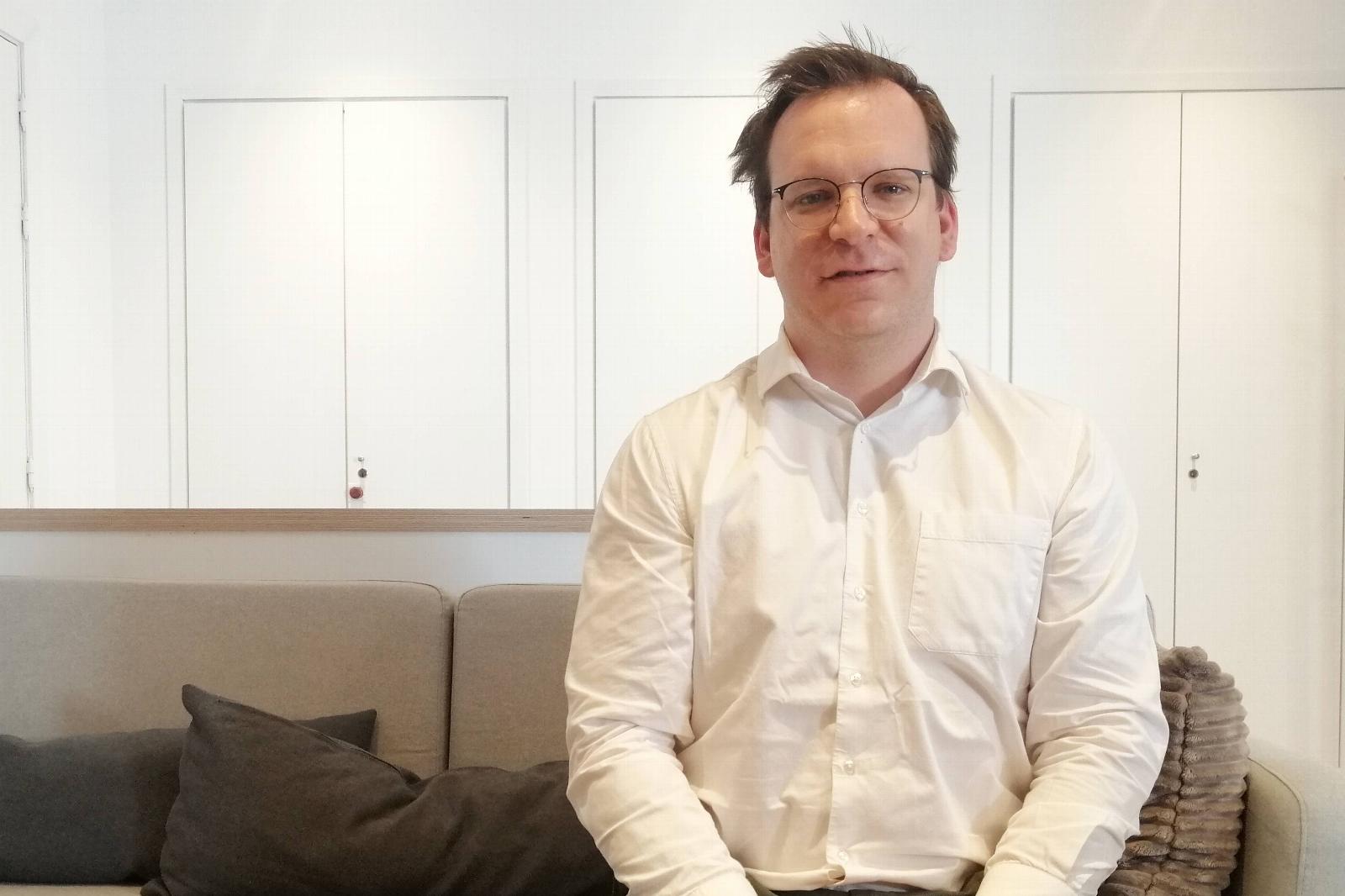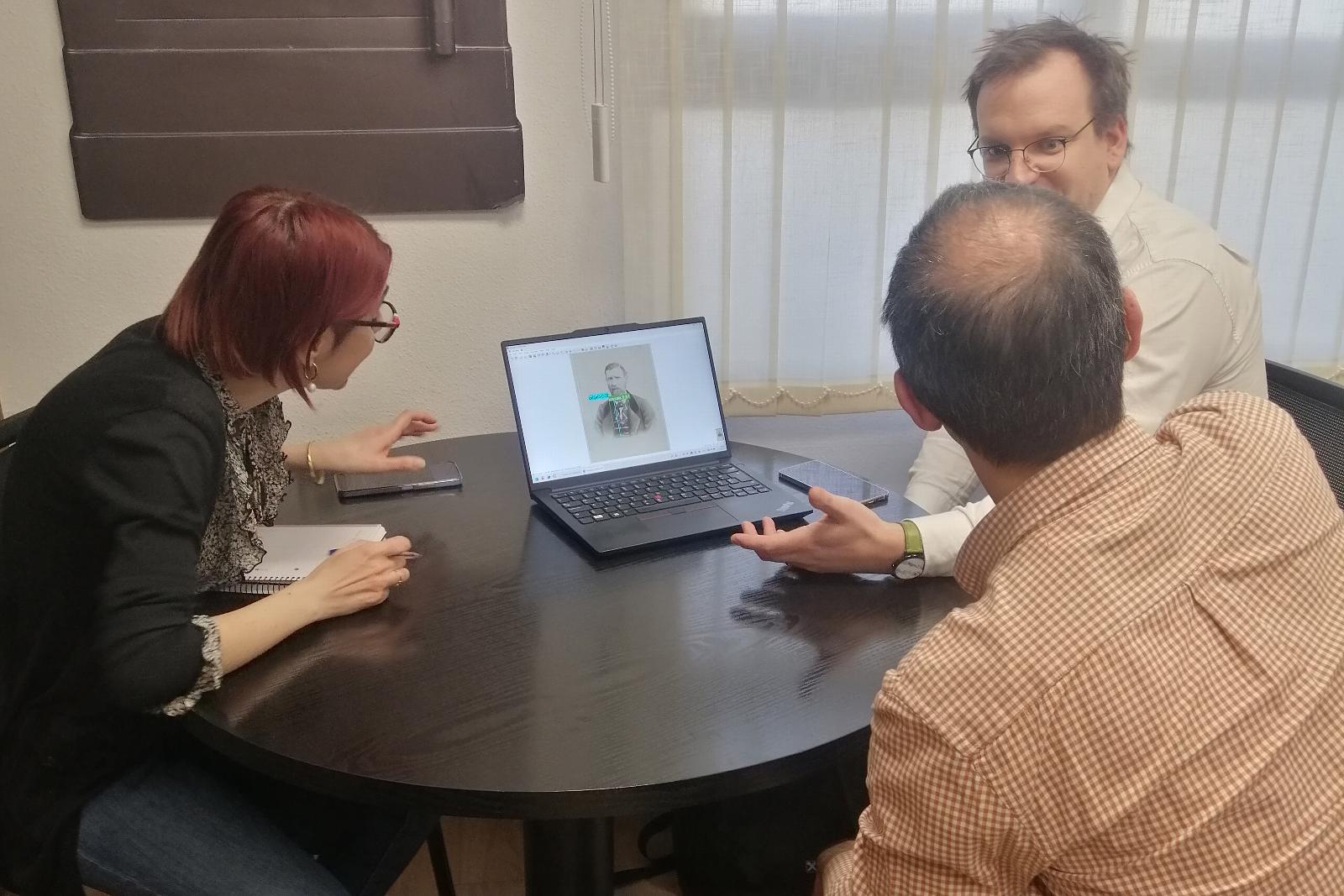Individual residencies / Andorra
ŽELJKO TRBUŠIĆ
From Monday, 5 May 2025 to Monday, 19 May 2025

Bio
Zeljko Trbusic is an assistant professor at the Department of Information and Communication Sciences at the Faculty of Humanities and Social Sciences at the University of Zagreb. He completed his doctorate in 2022 with a work on the optimisation of optical character recognition processes in archival information systems.
He has published more than 30 scientific articles in journals and participated in numerous international scientific conferences on management, archival legislation, document digitisation, blockchain and artificial intelligence. He is a member of the Archives Education and Research Initiative (AERI) steering committee and an active member of the Croatian Archives Society and ICARUS Croatia. Zeljko Trbusic was awarded a scholarship from the AIEF Foundation (ARMA International Educational Foundation) in 2020 for his work in the field of information management.
Project
Building AI with Archives - Research into AI and Archives
His work during the residency will focus on developing an artificial intelligence model that makes it possible to recognise images and archival documents, analyse their structures and extract relevant metadata. The model will automatically identify and describe image segments in order to improve archive data visibility and make it more accessible. His research builds on a previous AI project, the InterPARES Trust group research study which included digitised portraits from the State Archives of Osijek, Croatia, and the Municipal Archives of Girona City Council. He will use his time in Andorra to boost the model with digitised images from the National Archives of Andorra.
My Experience as a Resident at Faber Andorra – “From Empty to Engaged”
Participating in the Faber Andorra residency was an enriching and transformative experience. As an archival scientist working on integrating artificial intelligence (AI) into archival practices, I came to Andorra with a vision to explore innovative solutions for archival image recognition and metadata extraction.
During my stay, I focused primarily on advancing my book project, titled Handbook of Text Recognition for Archives. The residency provided the perfect environment to immerse myself in writing, allowing me to develop key chapters and reflect on practical applications of AI in archival science. The serene surroundings and structured schedule significantly contributed to my productivity and creative focus. This solitude allowed me to deeply concentrate on my work and make progress on my project. The peaceful environment and lack of distractions proved to be ideal for creative and academic work.
One of the highlights of my residency was engaging with the local archival community. I had the opportunity to meet with the staff at the National Archives of Andorra, where we discussed current digitization practices and exchanged perspectives on the challenges and opportunities of using AI in archival settings. This meeting was particularly valuable as it provided insights into how archives in Andorra approach digital transformation and preservation.
For future residents, I would recommend preparing a clear plan for your project while staying flexible to new ideas and collaborations. Engage with the local cultural institutions, as they offer unique insights and opportunities for practical research. The residency’s atmosphere is highly conducive to focused work, so take advantage of the tranquil environment to immerse yourself fully into your creative or academic pursuits.
I am grateful for the experience and highly recommend it to anyone looking for a space to develop their projects. I finally started to work on my ideas that have been brewing for the past two years, and I can truly say I feel engaged and optimistic that I will accomplish what I’ve set out to do on the grounds of this residency.

